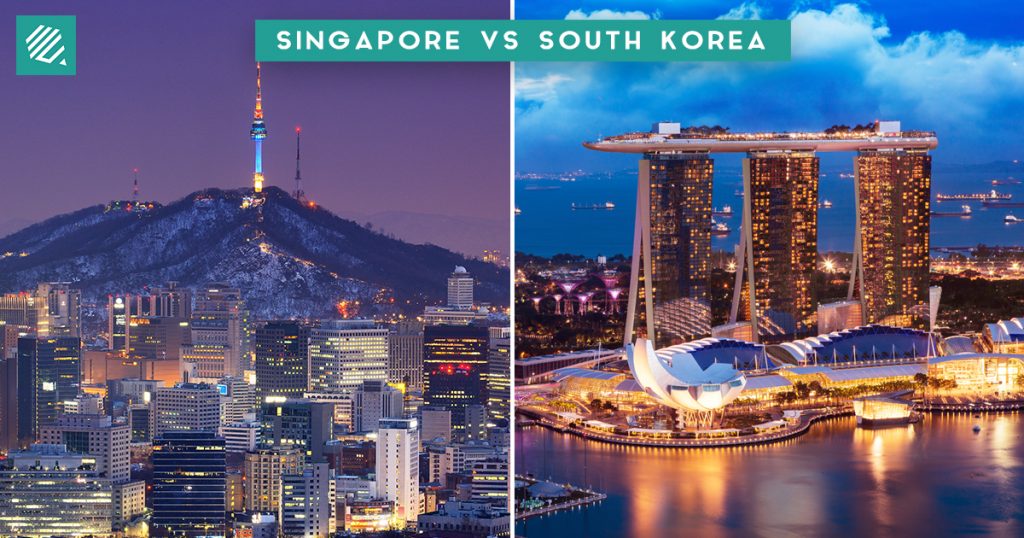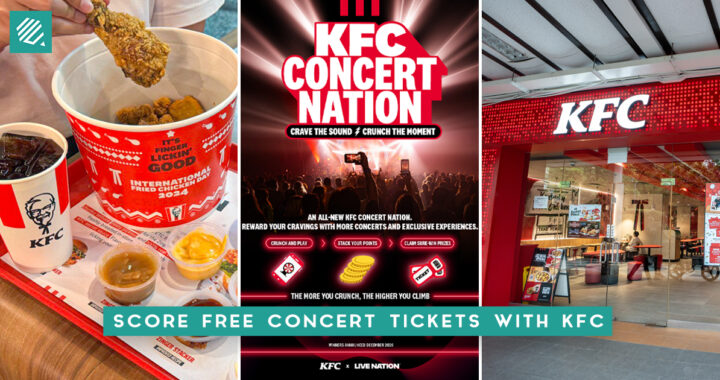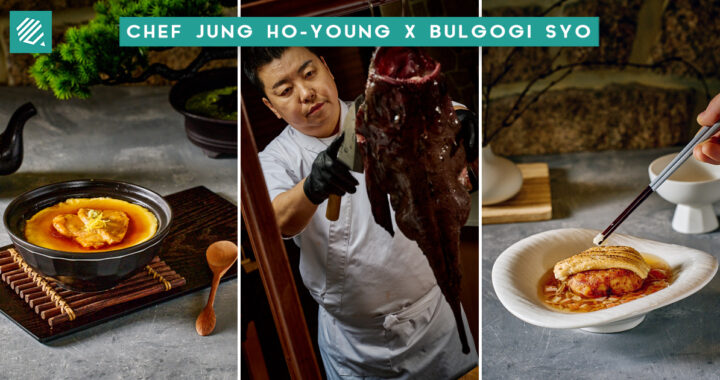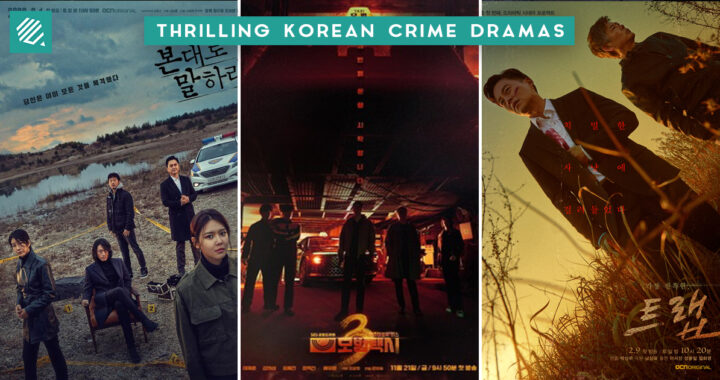Singapore and South Korea are two nations that require the mandatory enlistment of their male citizens into the military forces. Though the reasons for requiring compulsory conscription differ for each country, both countries rely heavily on their citizens’ contributions to the military forces to meet their manpower needs and maintain their military might.
Let’s take a glimpse into how Singapore’s and South Korea’s national service regimes differ from each other:
Allowance and Pay
The starting allowance for a Private Second Class soldier serving his national service in the South Korean Military was 459,100 KRW in 2021, which is roughly S$500. The amount gradually increases across the ranks to the highest pay of 608,500 KRW (S$670) for a Sergeant.
In Singapore, the starting allowance for Recruits and Privates in the Singapore Armed Forces is S$580. This amount can increase up to S$690 for those promoted to Corporal First Class. Specialists who graduate from the Specialist Cadet School can earn up to $1,070 while officers who graduate from the Officer Cadet School can earn up to $1,280. This excludes the additional vocational allowance given to cadets depending on their vocations, ranging from $50 to $400.
The cost of living is definitely lower in Korea than in Singapore, but all things considered, we would still say that Singapore’s soldiers have it better in terms of their allowance!
Working Hours for Military Personnel
The working hours for vocations in Singapore can vary depending on the nature of the job and its work scope. It can range from a 7-days-on, 7-days-off shift, or the more common 5-days-in and 2-days-out schedule, where soldiers get to return to their homes on Friday evenings before coming back to base on Sunday evenings to carry on with their duties. There is also a coveted stay-out vocation that many pine for due to its desirable 8am-5pm working hours, meaning soldiers can go back home every day.
However, in Korea, their soldiers are required to remain on base during weekends. Off days are granted periodically and are generally differentiated into three different types, each with varying restrictions.
The first is 외출 (oe-chul), where soldiers are allowed to spend a few hours outside their bases. You can liken this to a nights-out in Singapore. Soldiers will usually make prior arrangements to meet with their friends and family, but they are not allowed to go too far from the base as they can be called back at any time. It is common to find Korean soldiers eating or having drinks with their loved ones during this type of off-day.
The second type is 외박 (oe-bak). This category of off-day permits soldiers to spend nights outside of their base. You can usually find soldiers going for night parties or spending time with their friends. While they are allowed to remain outside overnight, there are still restrictions placed on their whereabouts. For instance, taking a bus or taxi out of town to head back home is not permitted as it is too far from the base.
The last type of off-days is known as 휴가 (hyu-ga). This type of leave usually has the longest duration ranging from a few days to 1-2 weeks. There are no location restrictions for soldiers on 휴가 and as such, soldiers usually return home to visit their families when it is granted to them. After being away from their families for so long, soldiers cherish the opportunity to spend time with those they care for the most.
Difference in Annual Leave During Service
In Korea, soldiers are entitled to annual leave during their service period. The number of days varies based on the total duration that they are required to serve. Generally, soldiers serving in the Army are given 24 days, those serving in the Navy are given 27 days and those serving in the Air Force are given 28 days. Soldiers are allowed to choose when to use their leave and can go on vacation during their period of leave, with prior approval granted by their superiors. If a soldier chooses not to consume his leave, it will be subtracted from his service period and he can complete his service earlier.
In Singapore, the leave process is much more rigid. All soldiers serving their national service are given 14 days of annual leave per calendar year regardless of their vocation. For a service period less than a calendar year, the leave will be pro-rated according to the length of service. Soldiers will either be allocated periods of block leave by their superiors, or they may be allowed to request to apply for leave during a period of their choice. This is directly administered by the service personnel’s superiors, and any leave that is unconsumed will be forfeited at the end of the calendar year.
Vocations for Military Personnel
Active duty personnel in Korea are required to serve varying lengths of military service depending on the branch of the military that they enlist into. Those in the Army or Marine Corps serve 18 months, those in the Navy serve 20 months and those in the Air Force serve 21 months. There are also non-active duty personnel who serve in various other positions in order to complete their military service obligations. For example, public service workers serve 21 months, while professionals such as doctors, lawyers, veterinarians, and expert researchers serve 36 months.
In Singapore, enlistees can serve in three main organizations: the Singapore Armed Forces (SAF), Singapore Police Force (SPF), and the Singapore Civil Defence Force (SCDF). Within these organizations and branches, enlistees perform a diverse range of roles covering many different responsibilities. They are chosen for the job based on their security clearance, medical status, educational background, and many other factors.
While they have no direct influence over where they will be posted, enlistees are encouraged to indicate which vocation they are interested in. Unlike Korea, Singapore does not have different durations of service for different branches of the military. All enlistees are required to serve 24 months, with medically fit servicemen who obtain a certain grade in the Individual Physical Proficiency Test (IPPT) getting an 8-week reduction to their national service duration.
Enlistment Age
In Singapore, those who are eligible for NS will be required to register when they are 16 ½ years old, and they will be enrolled into enlistment upon reaching 18 years of age. Deferment may be granted, but it is only for those who are pursuing their GCE ‘A’ Level or Polytechnic Diploma studies and is subject to them meeting the eligibility criteria.
In Korea, Korean males are required to serve once they turn 18, but they do not have to start their service immediately. Enlistment can be delayed until age 28, and the common practice is in fact for most Korean conscripts to complete their high school and begin a year or two years of university education first, before taking a break to complete their military service and subsequently returning to university.
Welfare for Military Personnel
In Singapore, soldiers are typically allowed to possess mobile phones, but their use of it may be restricted and is highly dependent on the type of job function they are assigned to. For example, roles that require dealing with classified information may prohibit the use of mobile phones. Military superiors may also impose certain restrictions on the use of mobile phones by soldiers, which are part and parcel of national service.
In Korea, the restrictions are slightly more stringent. The military originally banned the use of mobile phones due to concerns over security. However, after a successful year-long trial the use of mobile phones during specific hours was allowed from July 2020. The official hours for the use of mobile phones are 6pm to 10pm on weekdays and 7am to 10pm on weekends and holidays.
Exemptions from National Service
It is common knowledge that Singapore takes a very strict stance about ensuring that all of its male citizens complete their military service. Exemptions are not granted to anyone regardless of their social status, even excluding athletes and celebrities, one of the most prominent examples of this being national athlete Joseph Schooling. Our government offers a deferment to ‘exceptional servicemen’, but an exemption from national service altogether has not been reported, at least up until this point.
However, in Korea, exemptions or reduced terms of service can be granted to people such as Olympic medal winners, and prolific classical or folk music performers. The Korean government recognizes those who have contributed to its country’s progress in aspects outside of the military by granting these privileges to people who have excelled in their fields. Quite a number of people have been granted an exemption in Korea, including popular Korean footballer Son Heung-min, who received one after being part of the team that clinched gold in the 2018 Asian Games. In fact, as of late there is even talk of K-pop superstars BTS being granted exemption from military service!
Here are 9 Korean athletes, dancers, and musicians who have achieved great triumphs in their fields that qualified them for military exemption:
1. 2012 Summer Olympics Men’s Football Team
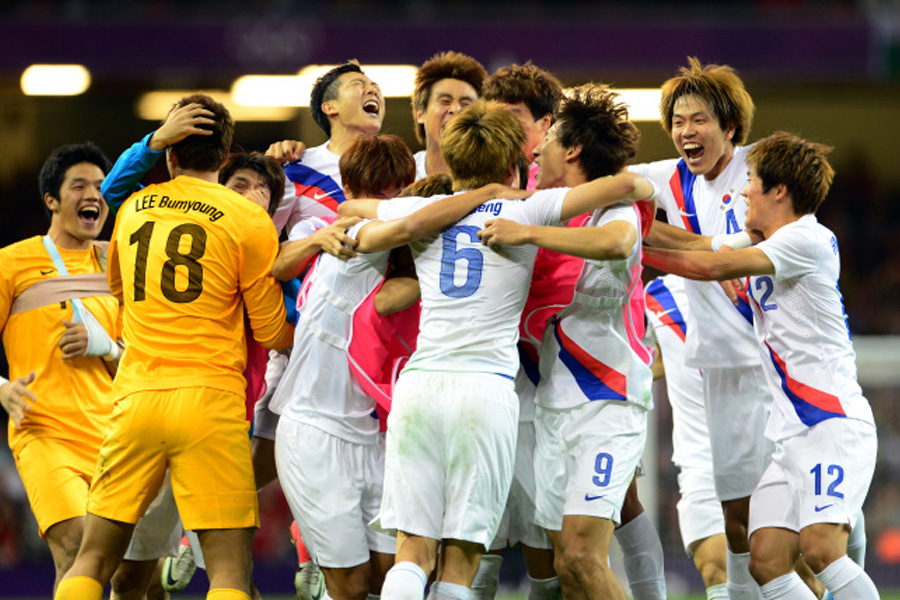
2. Lee Yong-Dae
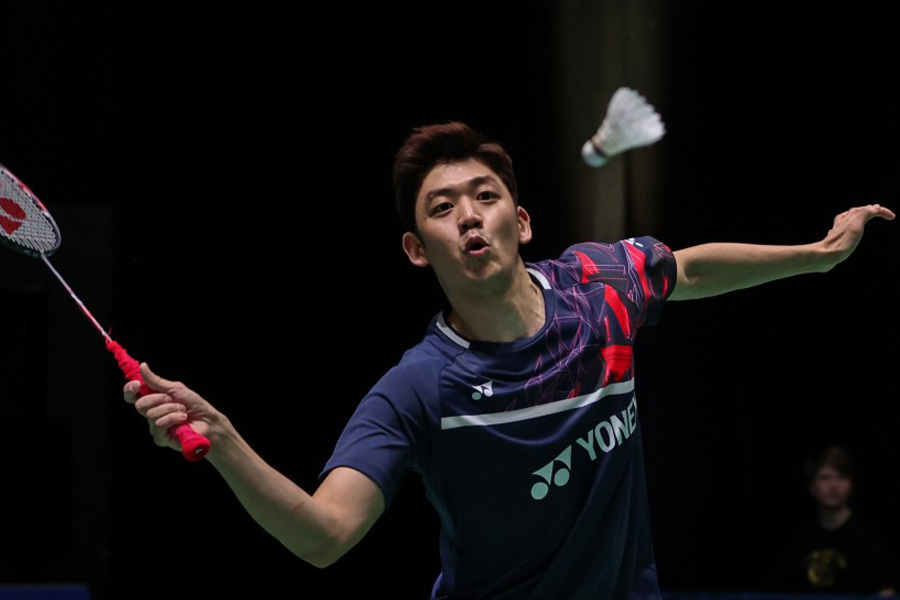
3. Shin Baek-Cheol

4. Park Tae-Hwan
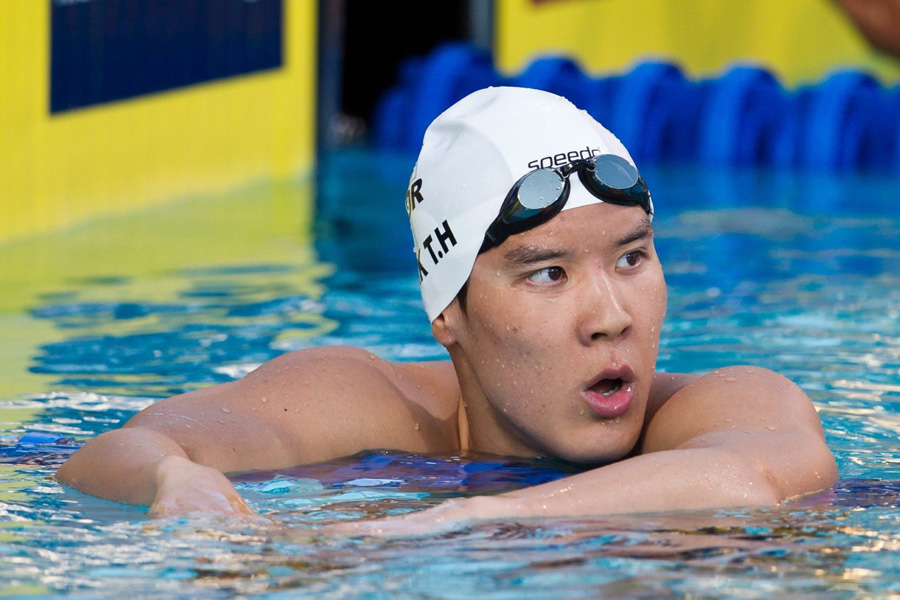
5. Chung Hyeon
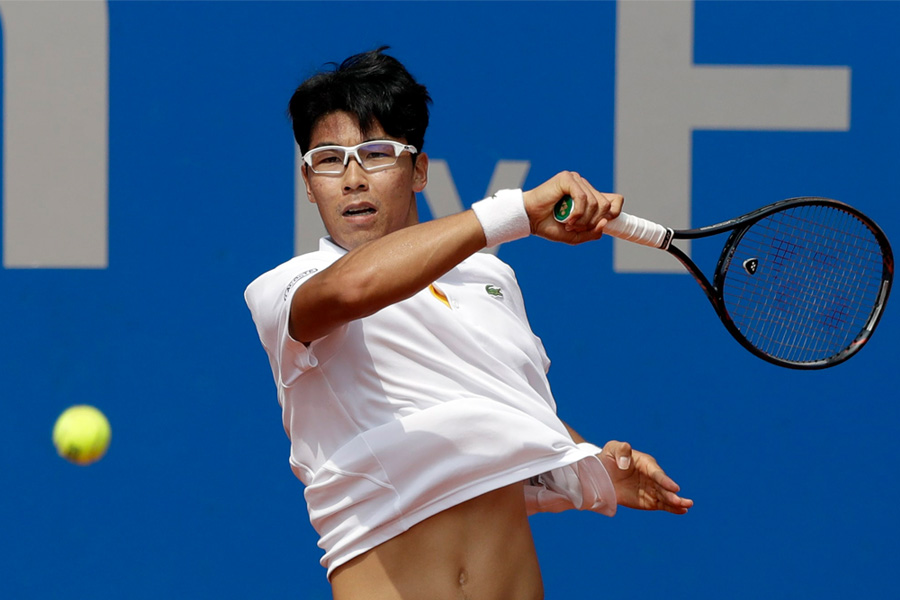
6. Son Heung-Min
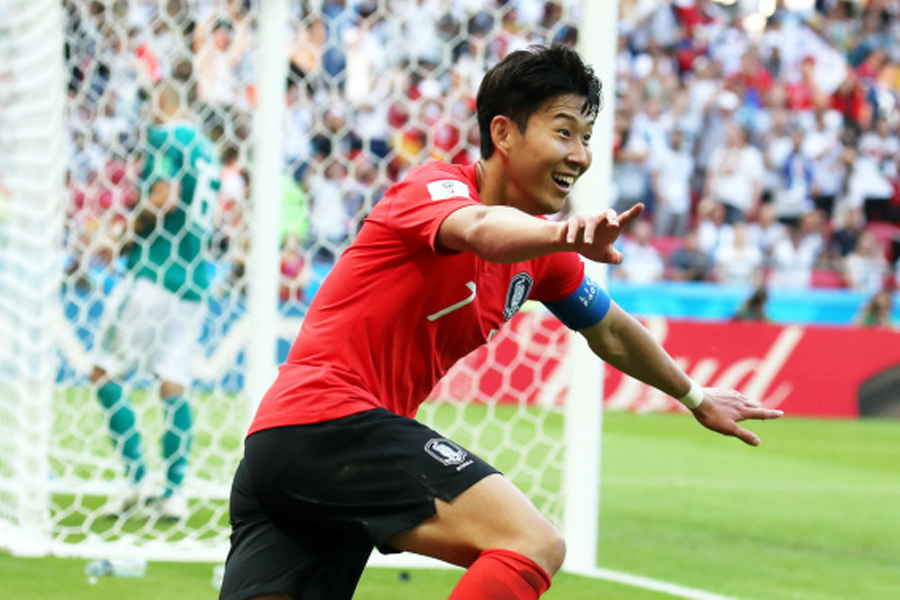
7. Lee Jung-Hoo
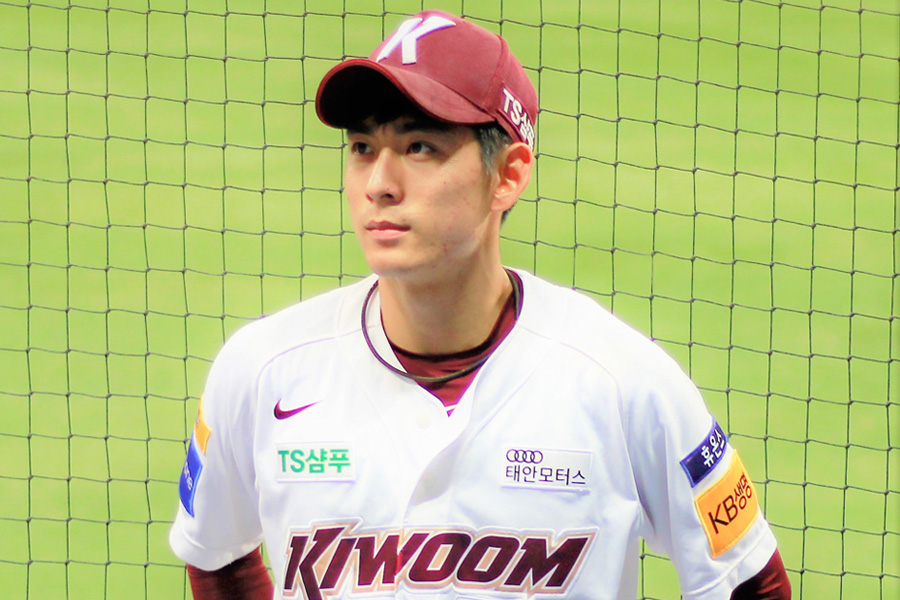
8. Yu Ho-Sik
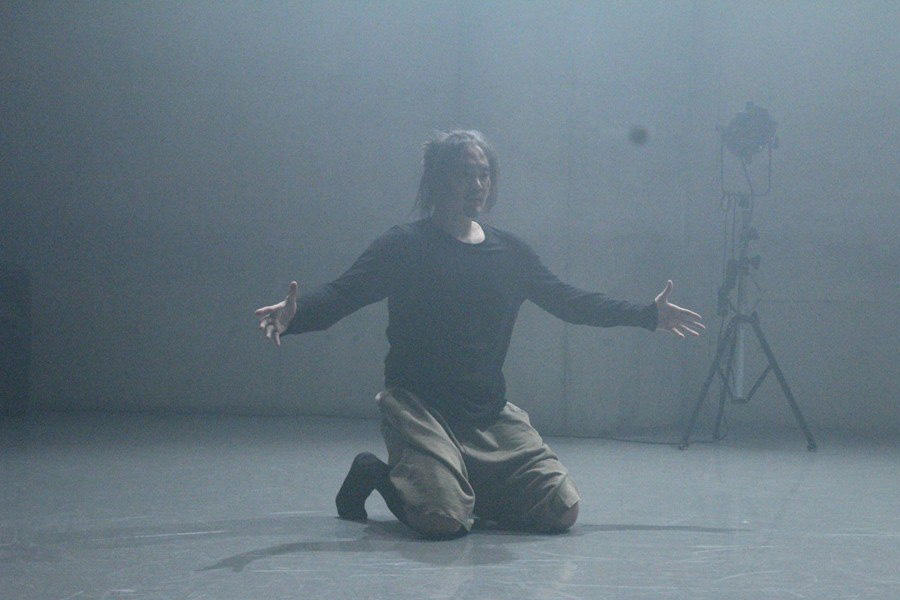
9. Cho Seong-Jin
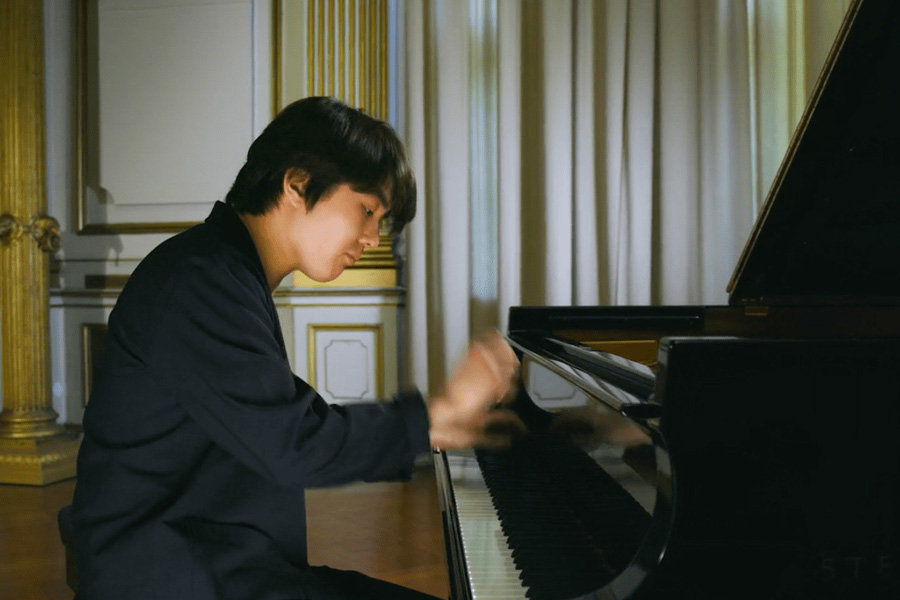
Regardless of which country they served in, soldiers not only in Korea and Singapore, but around the world, have made many sacrifices during the length of their service. They endure being away from their families for extended periods of time, to simple things such as not being able to enjoy their favourite foods, let’s recognise and appreciate the contributions of our national servicemen to keeping our countries safe!
*Follow MiddleClass.sg on Facebook, Instagram, and Telegram for more food, travel, and trending stories

